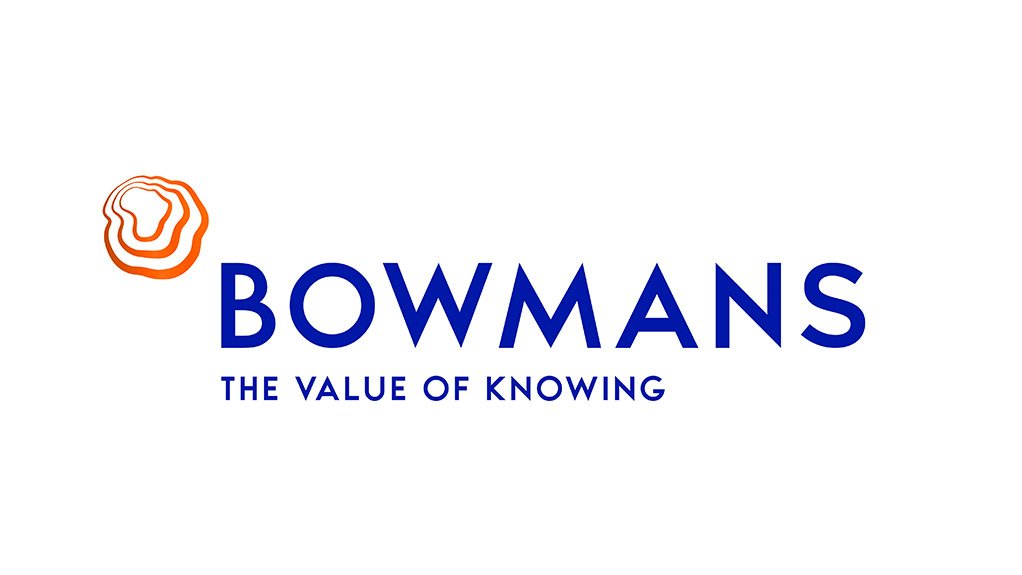The new National Health Insurance (NHI) Bill, tabled in Parliament today, sheds some light on the establishment of the controversial new NHI Fund.
The Memorandum on the Objects of the Bill (Memorandum) explains that the reforms will be implemented in six phases, more details of which will be released in a series of implementation plans to be released by the Department of Health.
The main question for medical aid members and other taxpayers is whether they can still belong to medical aids and if so, whether they will be forced to pay not only their medical aid contributions, but to also contribute towards the NHI.
The answer to both questions is 'yes', although the details have not yet been released.
The NHI will be funded by way of:
- General tax revenue, which will include transferring funds from provincial health budgets to the NHI Fund;
- Taxpayers’ medical scheme fees tax credit will be reallocated to the NHI Fund;
- A payroll tax (employer and employee); and
- A surcharge on personal income tax.
There is as yet no indication as to how much this will cost taxpayers. The taxes will be imposed by a money Bill to be introduced by the Minister of Finance.
According to the Memorandum, these tax options will only be evaluated as part of the 6th and final stage of implementation, which will presumably not be before 2022. Interestingly, it refers to the evaluation of the new tax options “in a favourable economic environment”.
It also envisages that the payroll tax will be ‘small’ although there is no indication as to what this means. In the part of the Memorandum dealing with the financial implications for the State, it refers to the various financing options, and then states that “due to the current fiscal conditions, tax increases may come at a later stage of NHI implications.”
It thus appears that further taxes will only be imposed at a later stage after evaluation of the potential impact thereof, taking into account the economic and fiscal environment. However, it seems more certain that taxpayers will no longer receive medical scheme fees tax credits, which for a family of four, currently provides relief of just more than ZAR 12,000 per year.
There is no doubt that taxpayers will find the additional tax burden a bitter pill to swallow.
Written By Aneria Bouwer, partner, Tax at Bowmans
EMAIL THIS ARTICLE SAVE THIS ARTICLE ARTICLE ENQUIRY
To subscribe email subscriptions@creamermedia.co.za or click here
To advertise email advertising@creamermedia.co.za or click here











